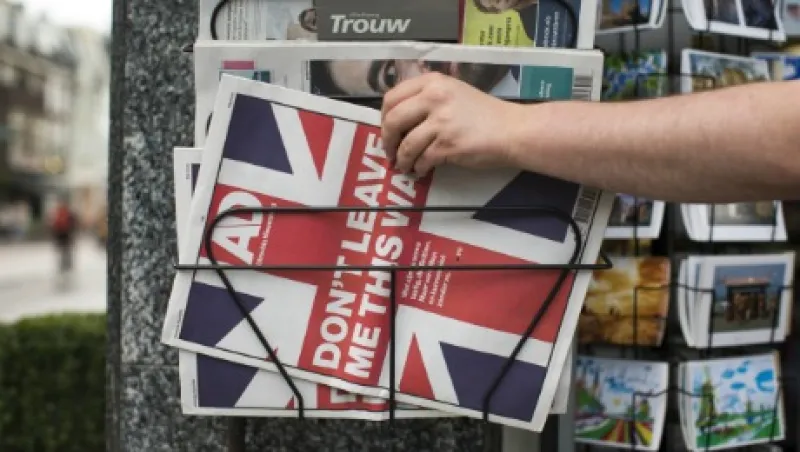
The Short- and Long-Term Economic and Market Impact of a Brexit
Expect macroeconomic fluctuations in response to the outcome of the referendum on Thursday to have microeconomic knock-on effects.
Stephanie Flanders
June 21, 2016


